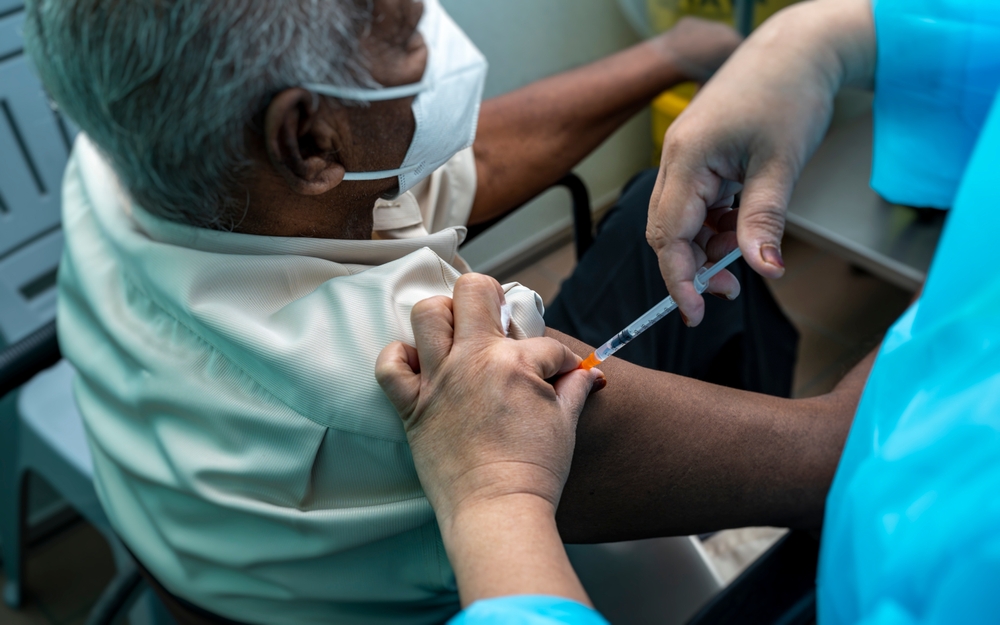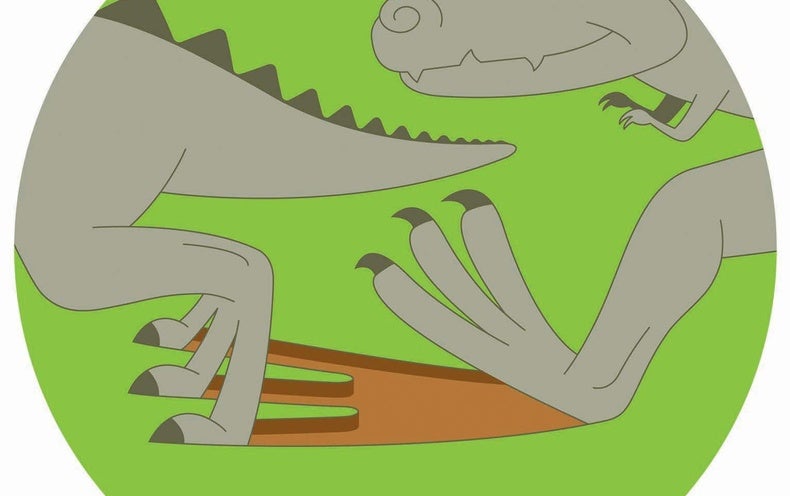As new COVID-19 strains emerge, the U.S. Centers for Disease Control and Prevention advises people get updated booster shots. But when is the best time to get a booster if you have had the virus or been fully vaccinated?
Developing Immunity
The CDC recommends delaying boosters until three months after contracting the coronavirus. Yet multiple infectious disease doctors suggest waiting at least six months to a year after infection, depending on age, risk factors for serious illness and tolerance for illness. Getting boosters too soon diminishes people’s long-term immunity, says Monica Gandhi, an infectious disease physician and professor of medicine at San Francisco General Hospital.
More About COVID-19:
-
A study shows that the personalities of thousands have transformed since the start of the pandemic in the U.S.
-
Long COVID is characterized by long-term neurological and respiratory symptoms, and is not as rare as you may think.
-
Anyone who’s avoided COVID-19 up until now is considered a “super dodger.” Scientists want to know how they’ve managed it.
Personal immune systems need time between what is called the prime – the actual infection or a vaccine – and a boost, Gandhi says. This is why doses of children’s vaccinations are given at set intervals. With enough time, our body’s defenses against viral infections (B cells) stay out of the way in our ‘memory banks’ – lying dormant in lymph nodes, thymus and bone marrow – until they’re needed to attack a virus. Getting a booster too soon after the last booster or infection may interfere with the body’s ability to develop long-term immunity or “memory cells,” she explains.
“We’re just going back to the principles of vaccinology,” Gandhi says. “The longer time you wait between one exposure, whether it’s a booster or an infection, and the next one, the stronger immune response you develop.”
COVID-19 Vaccination
Both vaccination and previous infection provide strong defense against COVID-19, but vaccinating previously infected people does not deliver added protection against COVID for several months, concluded a study in Clinical Infectious Diseases published in July 2022.
“What held true in the past may not necessarily hold true in the future,” says the study’s lead author, Nabin K. Shrestha, infectious disease physician with the Cleveland Clinic. Before the Omicron variant, people who had COVID-19 were far less likely to get reinfected with the disease. The picture changed when the Omicron strain surfaced in December 2021.
In the Clinical Infectious Disease report, researchers found that people who have had COVID-19 are more protected than people who have been vaccinated but have not previously had COVID-19. Compared to those unvaccinated who had not had COVID, people who were vaccinated had a significantly lower risk of developing symptomatic COVID-19 both pre-Omicron variant and during the Omicron variant phase, which is currently the dominant coronavirus variant, researchers reported.
Read more: What is Long COVID and What are the Symptoms?
“If you’ve had COVID, you’re pretty protected for up to a year for the same or similar strains,” Shrestha says, “including the current variant.” People develop stronger immunity from a COVID-19 infection and it’s longer lasting than what they get from the vaccine, researchers reported in Clinical Infectious Disease in December. “If you’ve had COVID, I don’t think you should get a booster within six months. If there’s a major outbreak of a new variant, you might reconsider that. After that, you need to assess your risk tolerance.”
Just like the flu vaccine that’s intended to prevent hospitalization and death, the coronavirus vaccine is designed to prevent people from dying or needing to be hospitalized. The Clinical Infectious Disease study published in July showed those who were unvaccinated who had not had coronavirus were at the highest risk for getting it.
For the general population, the question about whether to get the booster shot if you’ve had coronavirus within the past six months or received the vaccine comes down to risk tolerance. “If you want to play it safe, after six months is fine,” Shrestha says. “If you are able to tolerate a little bit of risk, I don’t see a downside to waiting a year if you’ve had COVID and you’ve recovered. Not everyone agrees.”
Americans are not rushing to get their boosters. According to the latest data from the CDC, about 14 percent of Americans five and older have received the most recent booster.
“There is no easy answer to this question,” says Shrestha. “Things keep changing.”














